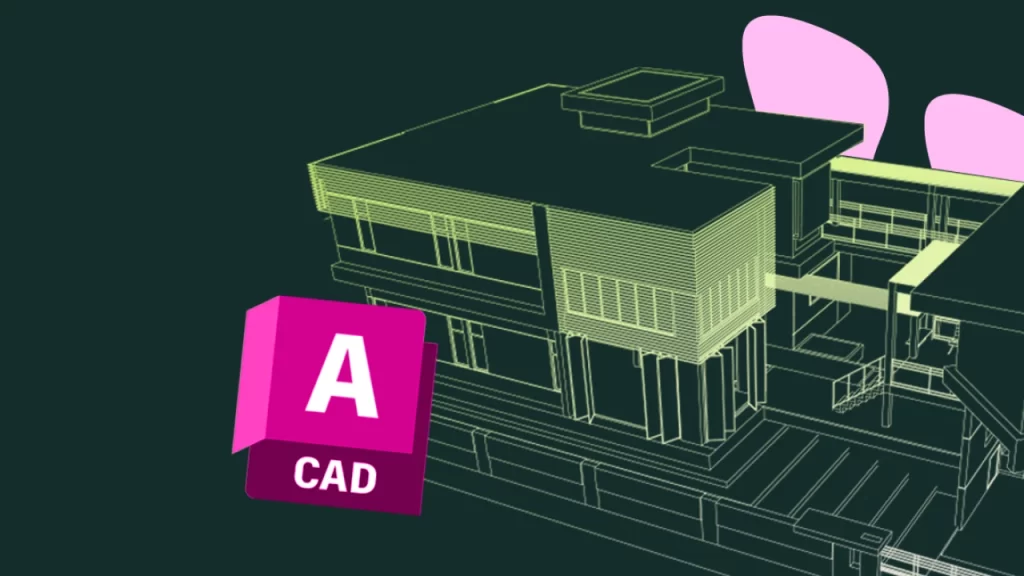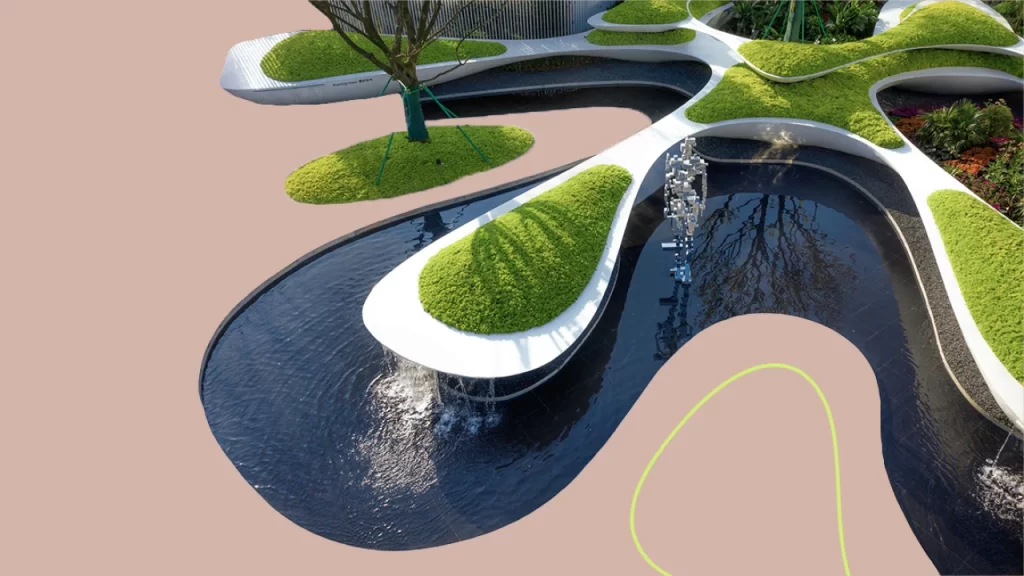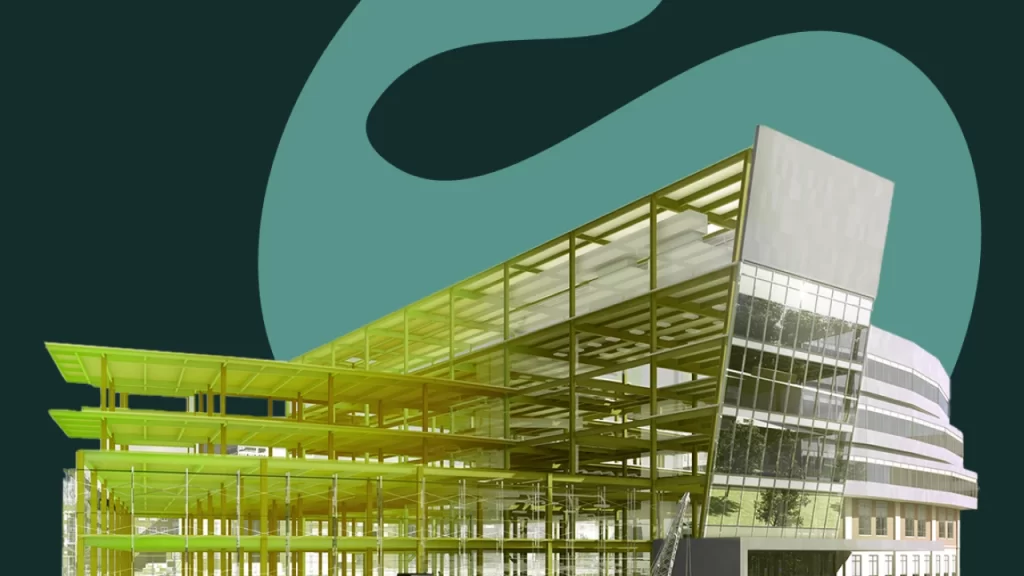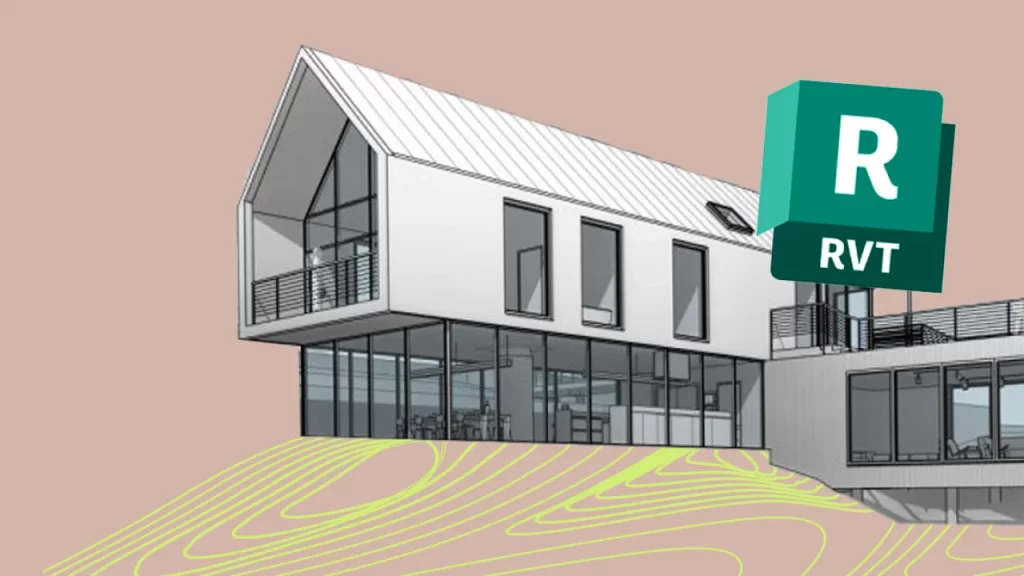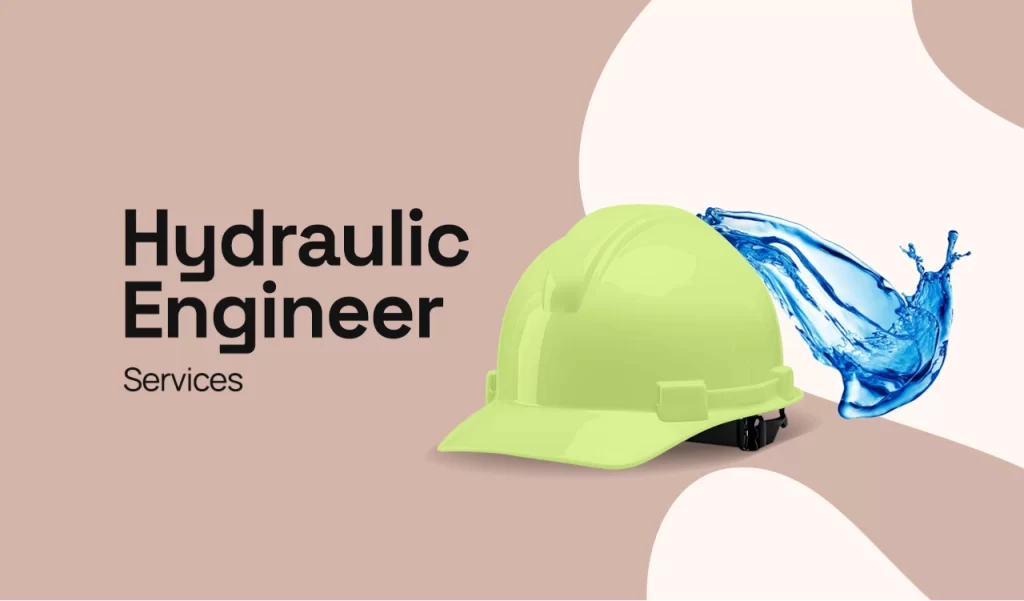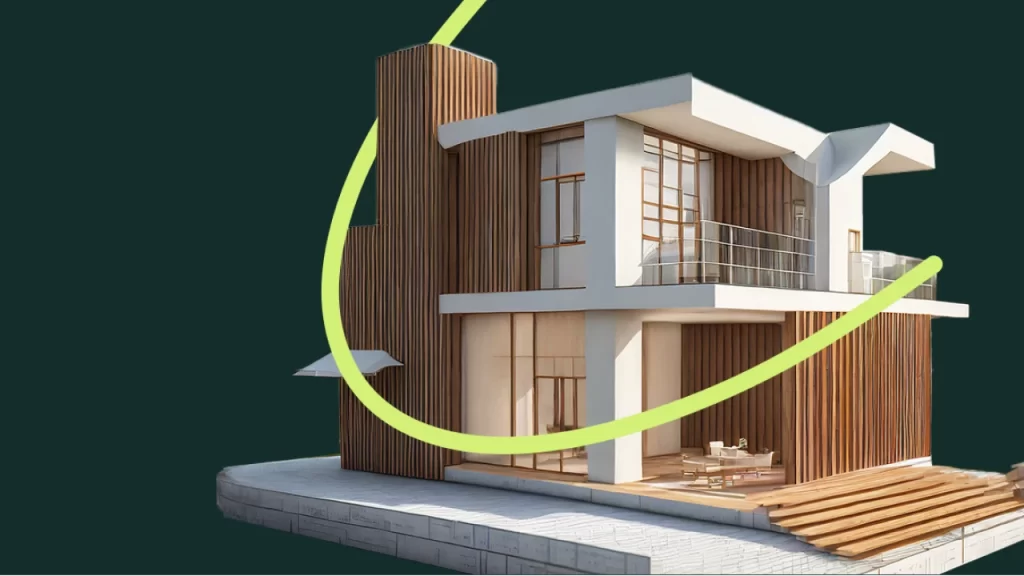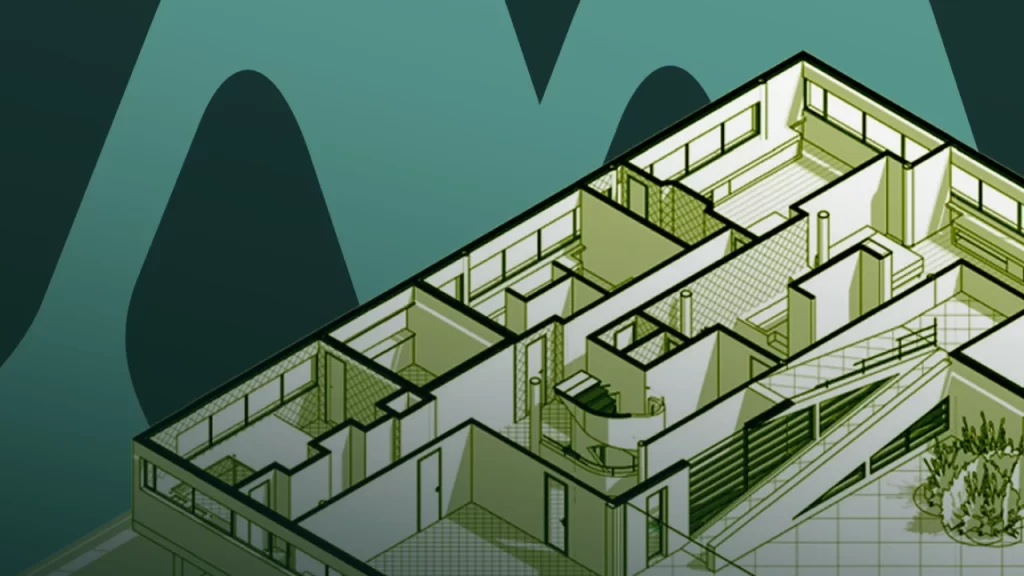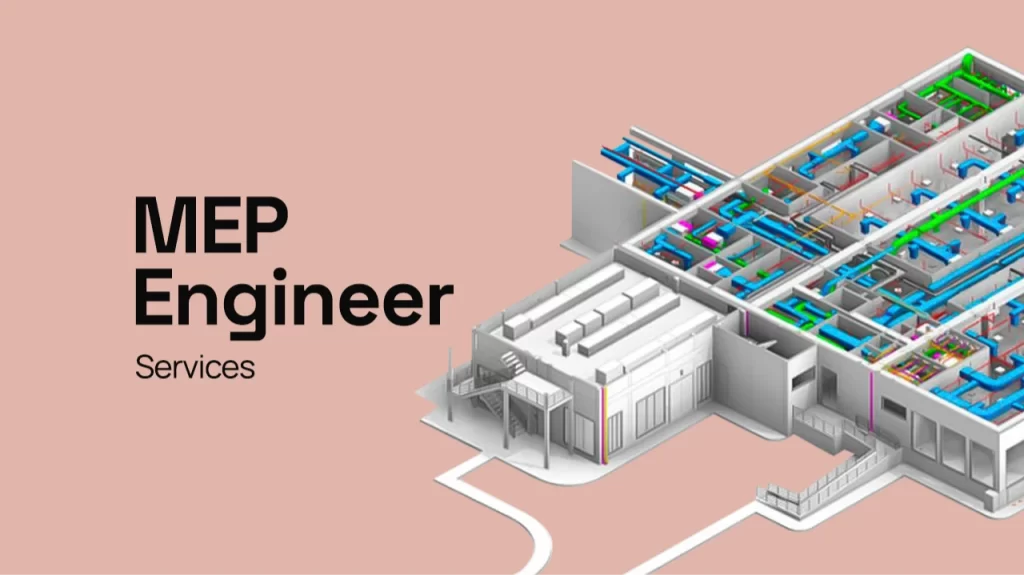HVAC Services
and we’ve placed more than 600 professionals
What is an HVAC Engineer?
In the planning stages of a new building, whether commercial or residential, extensive thought is given to designing and integrating various systems, including HVAC services, electrical wiring, and plumbing. HVAC engineers play a crucial role by designing efficient heating, ventilation, and air conditioning systems that seamlessly fit within the building’s blueprints.
They require creativity to maximize space utilization while optimizing system performance to achieve this. This expertise necessitates a strong understanding of load calculations, relevant construction techniques, and adherence to local building codes. Once the plans are finalized, HVAC engineers typically oversee the installation of the HVAC system and may even be available for post-construction troubleshooting and adjustments.
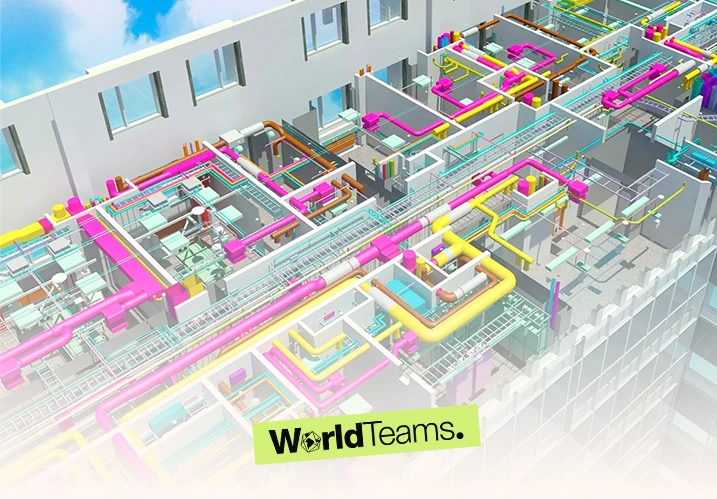
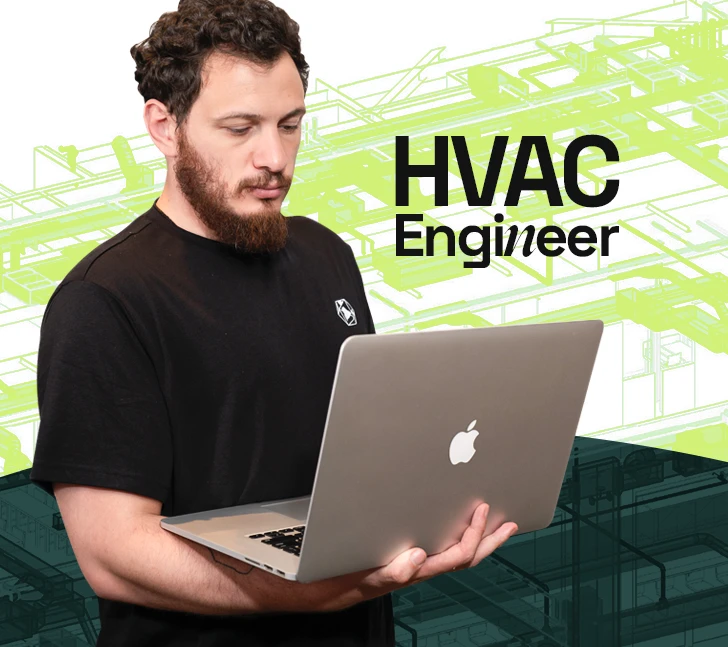
What does an HVAC Engineer do?
HVAC engineering plays a vital role in the construction of new buildings. HVAC designers are responsible for designing efficient systems that control both air quality and temperature. This includes planning for ventilation, heating, and air conditioning (HVAC) to seamlessly integrate with the building’s overall plan, alongside other crucial systems like plumbing and electrical wiring.
The HVAC design process begins with the engineer evaluating the needs of the building occupants and the specific type of structure. Factors like the building’s square footage, daily usage patterns, and local energy costs are all considered to create an optimal HVAC system.
HVAC engineers then translate their concepts into detailed layouts and diagrams that specify the various components of the system. Their focus is on maximizing both efficiency and space utilization. This involves selecting appropriate materials, calculating estimated costs, and ensuring the design adheres to building codes.
The engineer’s role extends beyond design. They plan and supervise every stage of the installation process, ensuring that personnel follow safety protocols and adhere to the approved HVAC design. Once installed, the system is rigorously tested to ensure proper functionality. The engineer may also meet with building inspectors and clients throughout the process.
HVAC services don’t end with construction. The engineer may be available for post-construction consultations, offering recommendations for system improvements or performing evaluations to optimize performance. HVAC engineers typically work in office environments but will visit job sites as needed to oversee installations and address any concerns.
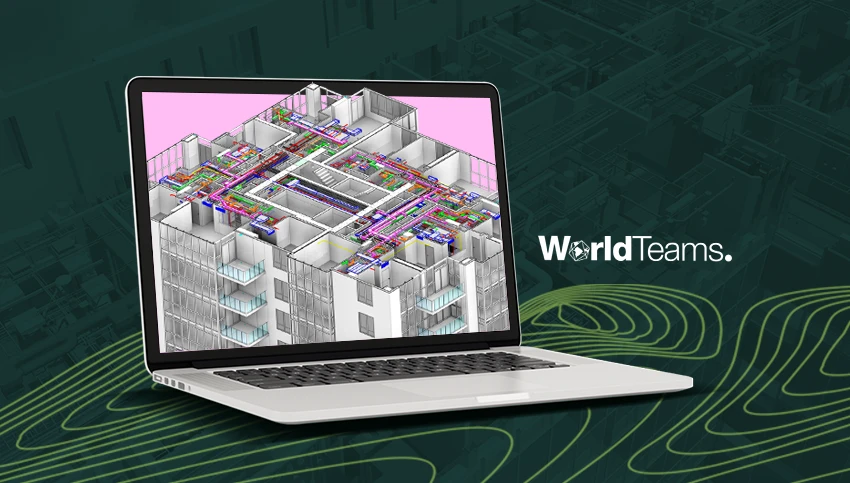
Ready to design your dream HVAC system?

HVAC Systems: Design, Integration, and the Importance of Efficiency
HVAC engineering is crucial for creating comfortable and healthy indoor environments. It integrates three key functions: heating, ventilation, and air conditioning (HVAC). These functions are intrinsically linked, as the goal is to achieve thermal comfort and acceptable indoor air quality while considering factors like installation, operation, and maintenance costs.
HVAC systems can be applied in both residential and commercial settings. They provide heating, cooling, and ventilation and manage pressure relationships between spaces. The method of distributing and removing air within a space is called room air distribution.
Individual Systems
Modern buildings require a comprehensive approach, integrating design, installation, and control systems for these functions into one or more comprehensive HVAC systems. Contractors assess the required capacity and system type for smaller buildings before designing and selecting the appropriate refrigerant and components. Larger buildings involve specialized professionals like HVAC designers or building services engineers who analyze, design, and specify the HVAC systems. These systems are fabricated, installed, and commissioned by specialty HVAC contractors and suppliers. Building permits and code-compliance inspections are mandatory for HVAC installations in all building sizes.
District Networks
While HVAC systems are typically designed for individual buildings, there are instances where the equipment functions as an extension of a larger district heating (DH), district cooling (DC) network, or a combined DHC network. In such cases, operation and maintenance are simplified, and metering becomes essential for billing energy consumption and potential energy returned to the larger system. For example, a building might utilize chilled water for air conditioning. In contrast, the returned warm water can be used for heating in another building or contribute to the overall heating portion of the DHC network (potentially with additional energy to boost the temperature).
Leveraging a larger network for HVAC services offers economies of scale, often unattainable for individual buildings. This approach facilitates using renewable energy sources like solar heat, winter chill, or lake/seawater cooling in specific locations. Furthermore, it enables the integration of seasonal thermal energy storage. Utilizing natural resources for HVAC systems can significantly benefit the environment and promote innovation using diverse methods.
The Skills that Make a Great HVAC Engineer
Have you ever considered the invisible hand that keeps your office building comfortable in the summer and cozy in the winter? That invisible hand belongs to the skilled professional known as the HVAC engineer. But what exactly does it take to excel in this field? Let’s delve into the essential skills that make a great HVAC engineer.
Technical Expertise is Key
Beyond the Technical
The Desire to Learn and Adapt
Bonus skills include understanding sustainability principles that allow for the design of energy-efficient HVAC systems, and customer service skills can be valuable when dealing with building occupants or clients.
By honing these core skills, HVAC engineers play a vital role in creating comfortable, healthy, and energy-efficient indoor environments.
Partnering with WorldTeams
We help companies build international teams that maximize efficiency. The world has changed, if a job can be done virtually, it makes no sense to reduce your talent options to the region you are in. Our talent solution helps you find and manage the best professionals as if you had an external HR office. What makes us different is the experience and skills of our people and our completely unconventional approach to outsourcing.
What makes our talent different?
1. Work in your same time zone: collaborate in real-time, leading to faster decision-making and problem-solving.
2. US work experience + Fluent English speakers: possess the ability to communicate effectively, verbally, and in writing with clarity & accuracy.
3. Only the top 3% of talent with recruiting rigorous pre-screening.
4. Professionals with a degree with expertise and specialized knowledge.
5. Highly skilled professionals: sophisticated understanding of software applications, tools, and new technologies.
Contact us for a free consultation today, and let’s build amazing things together!

